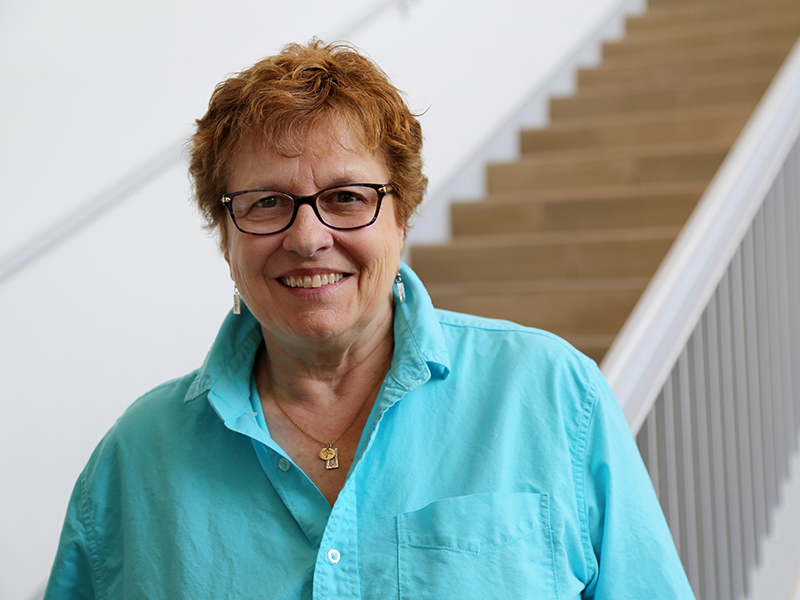
By Karen Shih
A paid job, like selling tickets at the local ballpark or interning at a medical center, can create a world of difference for a high school student. In a city focused on reducing violence, jobs provide youth with opportunities and hope. They can start practicing the soft skills — like effective communication and critical thinking — necessary to succeed in the working world, while creating relationships with businesses and organizations looking for long-term hires.
That’s why Nashville, Tennessee’s Mayor Megan Barry launched Opportunity NOW (ON), an initiative to transform the city’s youth employment in 2016 — and brought in Heller’s Center for Youth and Communities (CYC) for its expertise.
In just 18 months, ON generated 11,587 job postings for youth ages 14-24 and employed approximately 8,000 youth with the support of more than 350 employers.

“CYC has been engaged in youth employability efforts for 35 years. We’ve helped build capacity of workforce development boards across the country, but I’ve never seen a solid scale-up as rapid as this,” says Senior Fellow Della M. Hughes.
Hughes led CYC’s work on Opportunity NOW, which included developing a training curriculum for facilitators and employment coaches; researching and sharing best practices on youth employability; and conducting surveys of youth who participated in ON. She’s also working on a paper that identifies the reasons for Nashville’s success.
“Characteristics unique to Nashville converged to make ON’s rapid scaling possible, but if you apply their savvy and intentionality in another setting, it is very possible to replicate,” Hughes says.
The key factors in ON’s success were the following: having the mayor as champion; assembling a strong leadership team, which included the mayor’s Youth Policy Adviser Ronnie Steine and ON Director Ellen Zinkiewicz; researching best practices and adapting them to a local context; establishing a network of strong, committed partners; developing an implementation plan based on assets, needs and input of youth and employers; building on existing infrastructure and innovation; and focusing on quality, evaluation and continuous improvement.
Mayor Barry was key to the launch: She championed ON and galvanized the community with her aspirational goal of creating 10,000 jobs. She partnered with Nashville’s City Council to allocate $6.5 million for the first two years. They cast a wide net for job opportunities, going beyond traditional city-managed openings to partner with a wide range of employers, and created a central year-round youth employment portal for employers to post jobs and hire directly.
“Employers said, ‘If we want to create a pipeline in our city, we need to rethink how we prepare our youth and onboard entry-level employees,’” Hughes says. As part of that process, ON provides support to its summer workers through weekly coaching and debriefing sessions coupled with financial literacy education.
Now, ON is turning its attention to strengthening its systems and making the program sustainable, implementing improvements based on youth survey input and employer feedback, and beginning to look at youth outcomes. They’ll rely in part on CYC, which will continue with youth surveys and building capacity for evaluation through 2022.
“Justice Brandeis called states ‘laboratories of democracy,’” says Hughes. “The same can be said of cities. If you think about what the ON experience means for youth, for their participation in the community and overall well-being, and what that means for the health of the city, Nashville is definitely a ‘laboratory of democracy.’”
